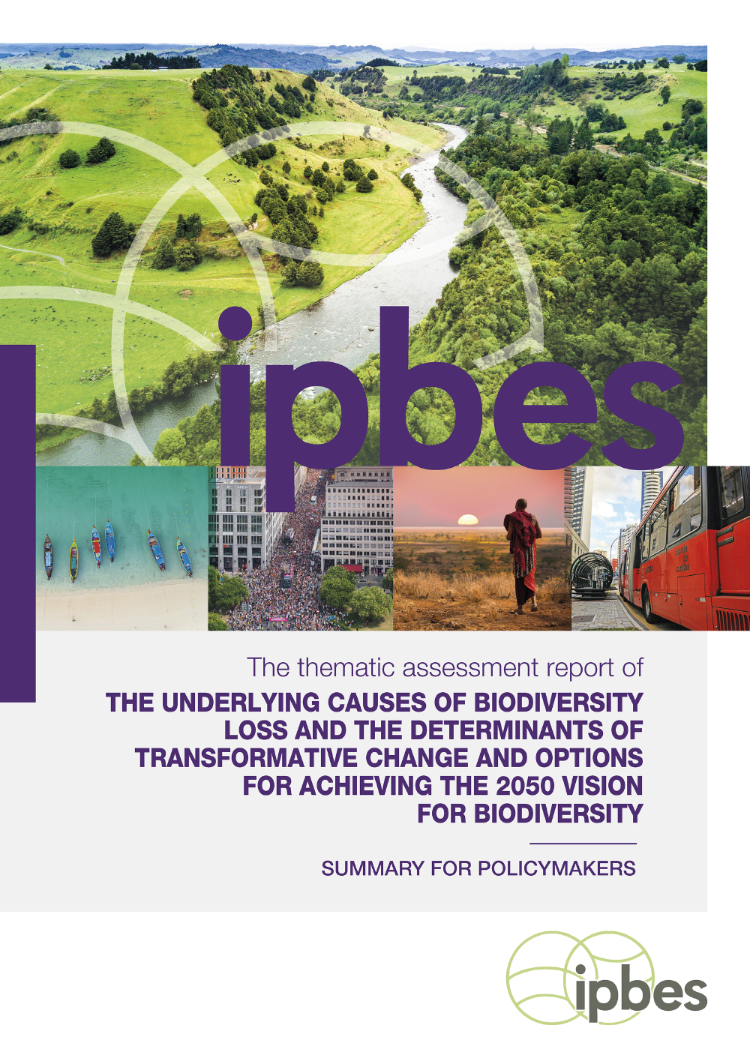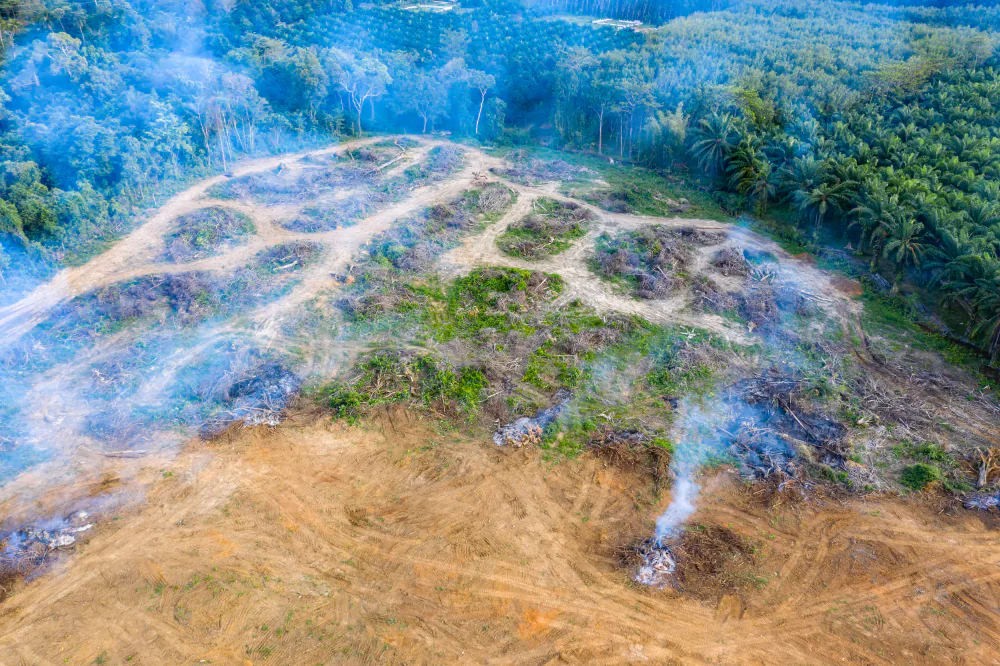
NRI and the Department for Environment, Food and Rural Affairs (Defra) recently co-hosted a high-level policy forum on the Intergovernmental Science-Policy Platform on Biodiversity and Ecosystem Services (IPBES) Transformative Change Assessment (TCA). The event, held at the University of Greenwich brought together government representatives, NGOs, and researchers to explore practical strategies for translating the assessment’s findings into action.
The forum was co-organised by NRI’s Professor Valerie Nelson, a lead author of the TCA in collaboration with senior biodiversity and climate representatives from Defra.
At the workshop, speakers presented on different chapters of the TCA Prof Esther Turnhout from University Twente spoke about defining transformative change and identifying underlying causes of biodiversity loss. These include disconnection from nature and people, concentration of power and wealth, and prioritising short-term, individual, and material gains and seeking change beyond biodiversity policymaking to diverse spheres of policymaking.
Presentations also covered visions of transformative change (Associate Prof Helen Wheeler and Vera Hausner), theories of transformative change (Prof Lyla Mehta, Institute of Development Studies), challenges and barriers to transformative change (Prof Valerie Nelson) and future strategies and actions (Prof Hannah Gosnell, Oregon State University).
Other topics presented included how arts-based approaches can help us understand different ways of knowing nature (artist Abigail Burt), the urgent need for shifts in views, structures and practices exporting extinction and transforming economies (Prof Jess Dempsey, University of British Colombia), recognising limits on policy influence and the role of social movements and horizontal actions in social change processes (Prof Andy Stirling, University of Sussex). Such shifts should address the root causes of biodiversity loss.
Participants engaged with the five TCA strategy themes and associated actions in the TCA and identified barriers and enablers to transformative change in their own organisations. The TCA strategy areas are: Conserving and regenerating places of value to nature and people; Driving systemic change in sectors most responsible for biodiversity decline; Transforming economic systems for equity and sustainability; Building inclusive, accountable, and adaptable governance systems; Shifting societal views and values toward interdependence with nature.
Breakout groups facilitated deeper exploration of TCA strategies where participants discussed practical implementations in their own areas of agency and potential challenges.
Diverse issues were discussed and are being produced in an imminent workshop report. Example issues were:
Acting with urgency versus deeper, more far-reaching change in views, structures and practices.
Discussions highlighted a central tension: how to reconcile the urgency of biodiversity loss with the far-reaching nature of transformative change. Some participants pressed for faster action, but speakers argued that short-term, reform-oriented measures often leave destructive socioecological systems untouched, with growth-oriented and extractive economies remaining in place. True transformation, they suggested, requires sustained attention to deeper changes in views, structures and practices, even if these take time and face political resistance.
A sole focus on urgency means that measures tend to become reform-oriented and fail to address the deeper shifts that tackle the underlying causes of biodiversity loss. It is therefore essential to challenge the idea that urgency and transformative change are mutually exclusive, particularly when urgent measures fall short or create injustice.
Beyond conservation policy and the traditional bounds of conservation work to tackle other policy spheres and areas of intervention to address biodiversity losses.

Participants discussed that following the TCA, efforts must move beyond conservation toward structural reforms that address the economic and institutional drivers of biodiversity loss rather than being confined to traditional conservation measures. This includes shifts in policy and subsidy paradigms that currently privilege growth-oriented and extractive economies.
Reflecting on the forum, Professor Nelson commented: ‘The TCA provides government representatives, NGOs and researchers with an assessment, approved by many governments around the world. It outlines a way of thinking more deeply about the politics of biodiversity and nature and how to tackle the biodiversity crisis. This workshop showed the appetite for moving beyond business-as-usual approaches and thinking seriously about the deeper changes in governance, economic structures and societal narratives and values. These are not easy shifts, but they are essential if we want flourishing futures for people and nature.’
The forum concluded with a strategic discussion on the implications for the upcoming Conventional on Biodiversity (CBD) Subsidiary Body on Scientific, Technical and Technological Advice (SBSTTA) meeting 27, aiming to identify priorities for the UK's advocacy in international biodiversity negotiations. Recommendations have been devised and shared with DEFRA such as: Expanding futures methodologies, supporting citizen engagement, financial and subsidy reforms, revamping nature education, inclusion of Indigenous Peoples, knowledge sharing on transformative change.
By creating space for dialogue across government, science, and civil society, the workshop marked an important step toward embedding transformative change in practice. It is anticipated that a second workshop will be held in the first quarter of 2026.
For more information, contact Professor Valerie Nelson (

